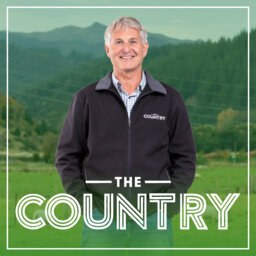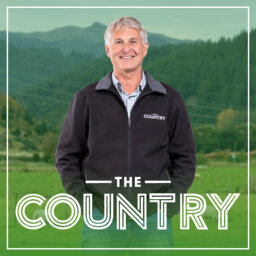The Country 25/03/25: Mark de Lautour talks to Jamie Mackay
Open Country Dairy's chief executive comments on keeping up with the Joneses - or in his case, Fonterra - when it comes to milk price. And why is OCD not following Fonterra in offering a premium for low-carbon milk?
In 1 playlist(s)
The Country
Jamie Mackay delivers your daily fix of everything going on in NZ's biggest industry, along with a g…Social links
Follow podcast
Recent clips

The Country Full Show: Tuesday, January 20, 2026
38:17

The Country 20/01/26: Cameron Bagrie talks to Jamie Mackay
05:05

The Country 20/01/26: Dominic Jones talks to Jamie Mackay
06:20
 The Country
The Country